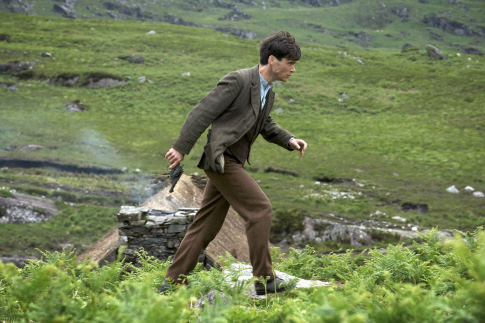“The Wind That Shakes the Barley” (2006), directed by Ken Loach, is a powerful and poignant exploration of Ireland’s struggle for independence in the early 20th century.
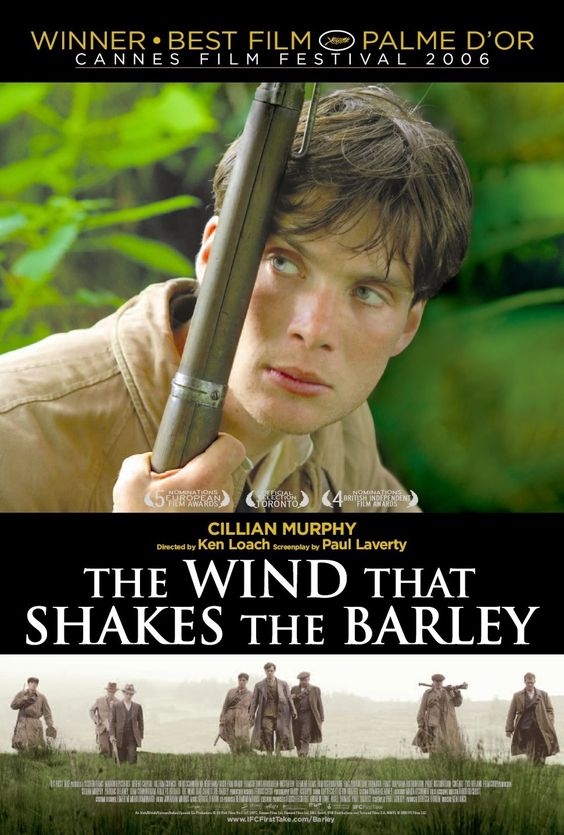

As the brothers and their comrades engage in guerrilla warfare against British forces, they endure the harsh realities of their fight for freedom. The film portrays the camaraderie and solidarity among the rebels, as well as the moral and ethical dilemmas they face. The struggle is depicted with unflinching realism, showing the sacrifices made and the brutal retaliations by the British forces.
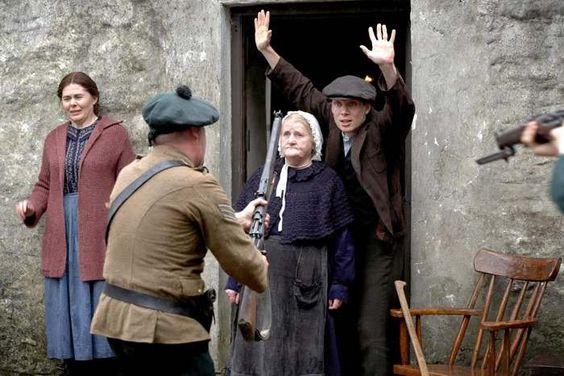
The signing of the Anglo-Irish Treaty in 1921, which leads to the establishment of the Irish Free State, brings a momentary sense of victory but also deep divisions. The treaty, which grants Ireland limited independence while keeping it within the British Empire, splits the IRA and the nation itself. Teddy supports the treaty, believing it to be a pragmatic step towards full independence, while Damien opposes it, viewing it as a betrayal of the republican ideals they fought for.
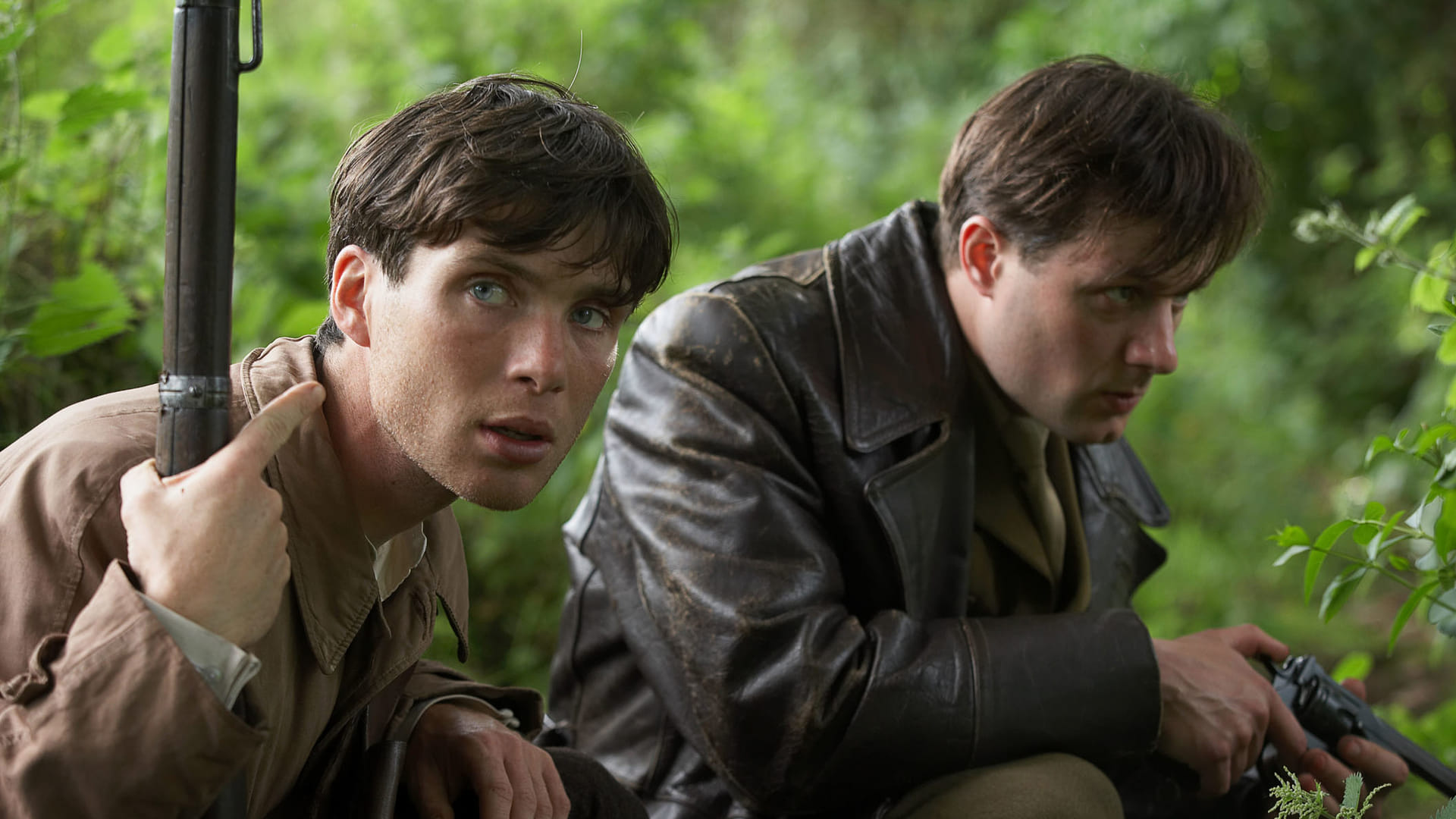
The brothers find themselves on opposite sides of the ensuing civil war, a conflict that pits former comrades against each other. The personal and ideological rift between Damien and Teddy mirrors the larger national divide, highlighting the tragic consequences of a country torn apart by internal strife.
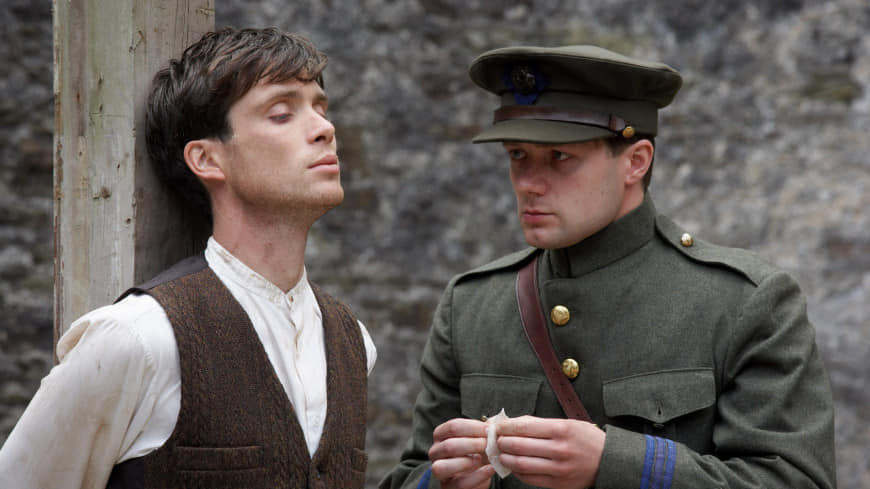
The Wind That Shakes the Barley is lauded for its historical accuracy, emotional depth, and the strong performances of its cast, particularly Cillian Murphy. The film’s title, taken from a traditional Irish song, evokes the sorrow and resilience of the Irish people. Ken Loach’s direction and the screenplay by Paul Laverty effectively capture the complexity of the period, offering a nuanced portrayal of a pivotal moment in Irish history.
The film won the Palme d’Or at the 2006 Cannes Film Festival, further cementing its status as a significant and influential work in the canon of historical and political cinema. Through its intimate focus on the lives of individuals caught in the sweep of history, The Wind That Shakes the Barley provides a poignant and thought-provoking reflection on the costs of war and the enduring quest for freedom.
